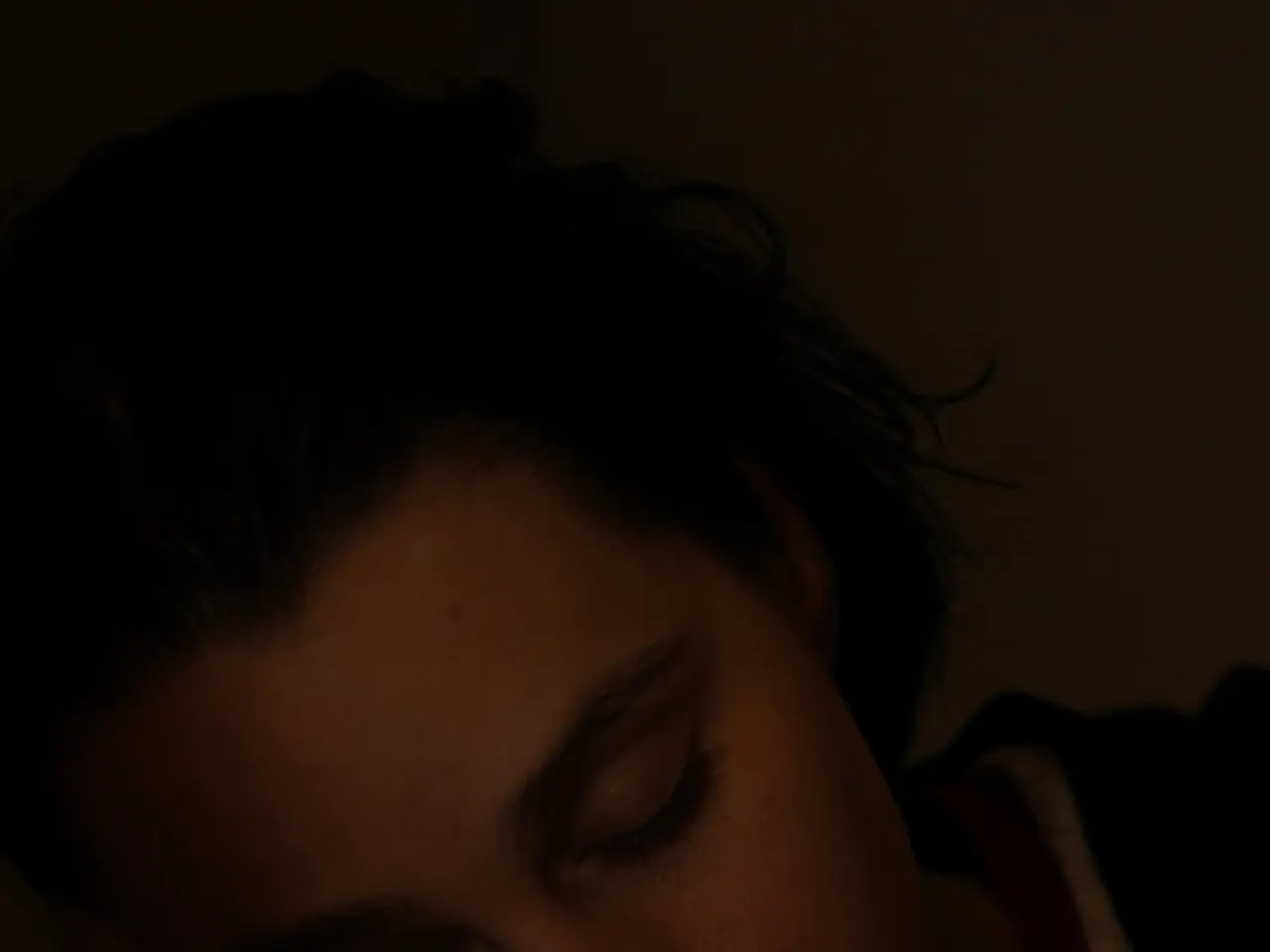The Impact of Cannabis on Sleep Quality
In the realm of sleep research, a promising future lies ahead as scientists explore the potential for personalized cannabinoid prescriptions and a deeper understanding of how different cannabinoid profiles affect specific sleep disorders.
Pharmaceutical-grade cannabis products, such as Marinol, Nabilone, and others, have been prescribed explicitly for sleep disturbances. However, the relationship between cannabis and sleep is still in its scientific infancy, with limited clinical research available.
Despite this, over 65% of people who return to cannabis after quitting cite poor sleep as the main reason. High-CBD products, especially when taken consistently, may help regulate sleep cycles without the high or withdrawal effects often associated with high-THC strains.
On the other hand, chronic cannabis use is tied to reduced REM sleep, increased sleep fragmentation, and worsened mood stability. High-THC strains can also increase next-day grogginess and lead to rebound insomnia when discontinued. Withdrawal symptoms, even from short-term use, often include nightmares, increased awakenings, and difficulty falling asleep.
The current wave of interest in cannabis research is forcing the medical community to pay attention, and the conversation about cannabis and sleep is getting louder. However, it's important to note that good sleep isn't about sedation; it's about restoration, and cannabis might not provide the deep, healing rest that the brain needs.
Some users report that cannabis helps them fall asleep faster and stay asleep longer, especially during the initial days or weeks of use. However, long-term cannabis use can create a dependency in the brain, causing confusion and disruption when it is discontinued.
Researchers are exploring how different cannabinoid profiles affect specific sleep disorders, whether CBD-only products can deliver consistent sleep benefits, how cannabis interacts with circadian rhythms, and if personalized cannabinoid prescriptions could replace blanket sleep medications.
In sleep lab studies, researchers have observed a modest increase in slow-wave sleep - the deepest and most restorative stage - when cannabis is used. However, long-term use of cannabis for sleep is associated with disrupted sleep architecture, including less overall sleep, reduced deep sleep, longer time to fall asleep, and frequent awakenings, potentially worsening sleep quality over time.
Mental health impacts are notable; some users experience anxiety or paranoia depending on the strain, while heavy users may show worse mental health and cognitive outcomes. The cannabinoid profile matters: strains higher in CBD may help mitigate anxiety and offer a more calming effect compared to high-THC strains.
Frequency and dosage are key. Short-term or controlled use in clinical settings has shown some improvements in sleep onset and quality for chronic insomnia, but long-term frequent use may lead to tolerance, withdrawal symptoms, and reduced sleep benefits. Abrupt cessation after long-term use is linked to rebound insomnia and disturbed sleep cycles, highlighting the importance of medical guidance for discontinuation.
In a study of 98 men, most in their 20s and 30s, 39% of daily cannabis users experienced clinically significant insomnia. Some indica-dominant strains, with high THC and moderate CBD, may reduce time to fall asleep.
In conclusion, while cannabis may aid sleep initiation and symptom management in the short term, its long-term impact on sleep quality and mental health can be negative. Strain choice and frequency of use are critical factors, and more large-scale, long-term studies are needed to develop clear clinical guidelines. The answers to the sleep-cannabis relationship won't come from strain names or product labels, but from paying close attention to one's own experience and being willing to change course when the results stop serving you.
- In the field of health-and-wellness, the exploration of personalized cannabinoid prescriptions for sleep disorders is a promising development in science.
- High-CBD products, popular in the lifestyle sector, may help regulate sleep cycles without causing the high or withdrawal effects associated with high-THC strains.
- The finance industry is starting to take notice of the CBD market due to its potential growth in business opportunities.
- Beyond just sleep, the impact of cannabis on mental health should not be overlooked; some strains may induce anxiety or paranoia.
- The publishing world is seeing an increase in books about personal-finance and investing, providing guidance on managing finances and making informed investment decisions.
- In the realm of fashion-and-beauty, some individuals are choosing to use CBD-infused skincare products for their wellness benefits.
- Despite hopes for better sleep, chronic cannabis use can lead to reduced REM sleep and increased sleep fragmentation, negatively affecting mood stability.
- The weather app on your phone may soon have a section dedicated to tracking seasonal weather patterns' effects on cannabis growth, connecting with the home-and-garden community's interest in cultivating their own plants for recreational or medical purposes.




